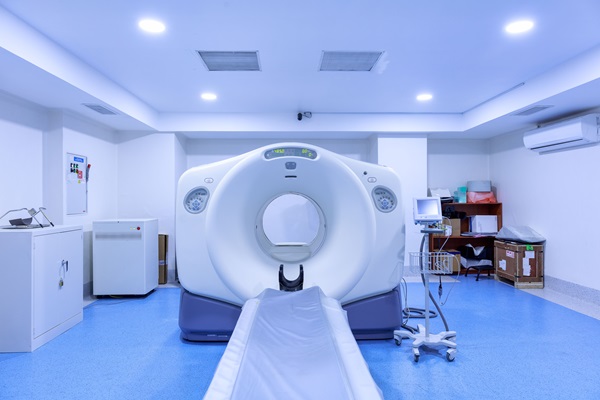4 Little Habits That Have Big Impacts on Your Health Checkup

Preparing for your upcoming health checkup and thinking about how your little habits might impact the results? When you have regular health checkups, it means that you are participating in the preventive health services necessary to ensure that you are indeed in good health. If anything of concern is found during your checkup, it can be treated in its earliest stages, which allows you the highest chance of a successful recovery. When it comes to how often you should have your checkups, that is a decision to be made between you and your medical professional.
Four little habits that have big impacts on a health checkup
According to Harvard Health, small changes in diet, exercise or weight can make a big difference in one’s health. The following is a list of four bad habits that can potentially have quite the negative impact on one’s health checkup results.
#1 – Wearing clothes that are too tight
When clothes are too tight, they tend to keep in all of the heat and moisture and therefore do not allow the body proper circulation. Too tight clothes can lead to a woman experiencing vaginal problems, including recurring yeast infections.
#2 – Eating too many foods that are high in cholesterol
Cholesterol levels are an important indicator of someone’s overall health. When someone eats too many foods that are known for their high cholesterol levels, it will show up during their checkup. High cholesterol foods that should be eaten in moderation include red meats, shellfish, sardines, full-fat yogurt, eggs and cheese.
#3 – Not urinating as soon as one feels the need to go
Repeatedly holding in urine instead of finding a bathroom as soon as possible can lead to an increased chance of someone being diagnosed with a urinary tract infection. It can also potentially lead to incontinence problems, making it a good idea for those who need to go not to wait.
#4 – Stressing, worrying
When someone has a habit of stressing out or worrying about things often, it can increase their risk of being diagnosed with high blood pressure. If someone is indeed diagnosed with high blood pressure during their checkup, the medical professional will discuss the next steps necessary to lower it as soon as possible.
Good habits that support a positive health checkup
A few little habits that someone can follow to ensure a positive health checkup include drinking plenty of water throughout the day, walking briskly for at least 30 minutes every day, consuming a probiotic food at least once a day (e.g., yogurt) and enjoying time with family and friends.
Are you currently in need of a health checkup? If you are, then making an appointment as soon as possible is suggested. The sooner you understand your checkup results, the sooner you can understand if there are any areas in your life you need to change. The little habits you participate in will have an effect on your health checkup. This includes both good habits and bad, making it necessary for you to pay close attention to the habits you perform daily or often. Making a note of your habits can help your medical professional to understand your overall lifestyle, which in turn will help them understand how to treat you better.
Are you considering a health checkup in the New Caney area? Get more information at https://tx-urgentcare.com.
Check out what others are saying about our services on Yelp: Read our Yelp reviews.
Recent Posts
X-rays are popular tools medical professionals use to diagnose a wide range of health conditions quickly and safely. They allow these professionals to see inside the body without invasive procedures, making them invaluable in urgent and primary care settings. Whether identifying fractures, monitoring chronic conditions, or detecting abnormalities, X-rays are critical in ensuring timely and…
A CT scan, or computed tomography scan, is a diagnostic tool that provides detailed images of the body’s internal structures. This non-invasive procedure helps medical professionals diagnose and monitor various conditions, from injuries to chronic illnesses. Knowing what to expect during a CT scan can ease concerns and prepare patients for a smooth experience.A CT…
If you work in public transportation, you may need to have a DOT drug screening. The Department of Transportation (DOT) regulates this test and requires it for you. You might be wondering what this test is like. Keep reading to learn more.Congress passed the Omnibus Transportation Employee Testing Act in 1991. Congress knew that the…
Walk-in clinic provide convenient, accessible health care for non-emergency medical needs, making it an ideal choice when immediate attention is necessary. Understanding when to visit a clinic can help patients save time, avoid unnecessary trips to the emergency room, and receive quality care for their health concerns. These clinics handle various issues, offering fast, professional…


